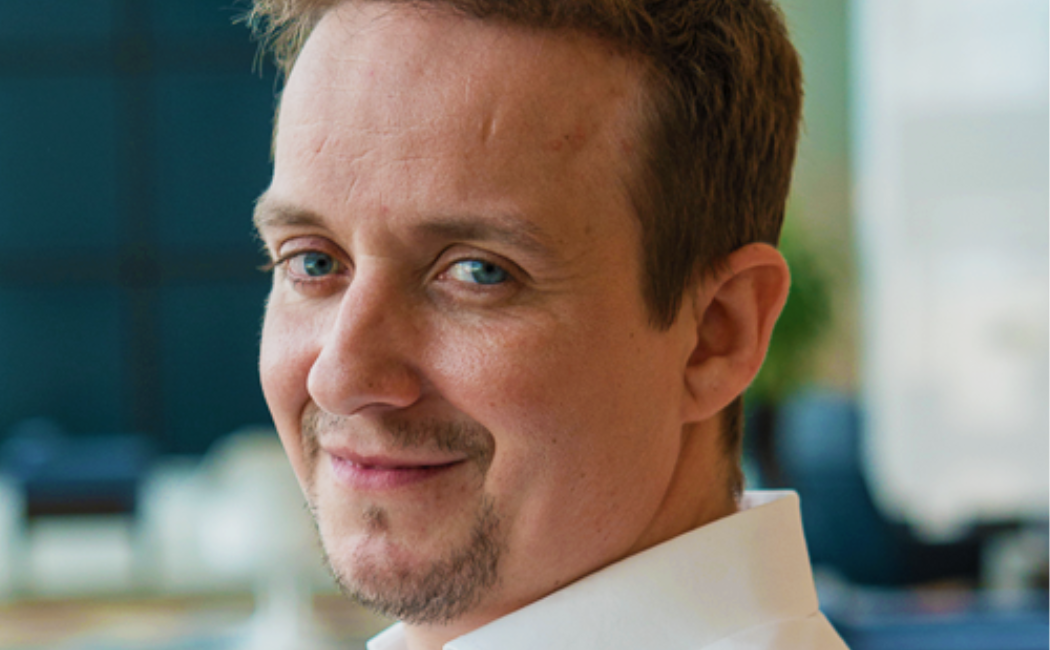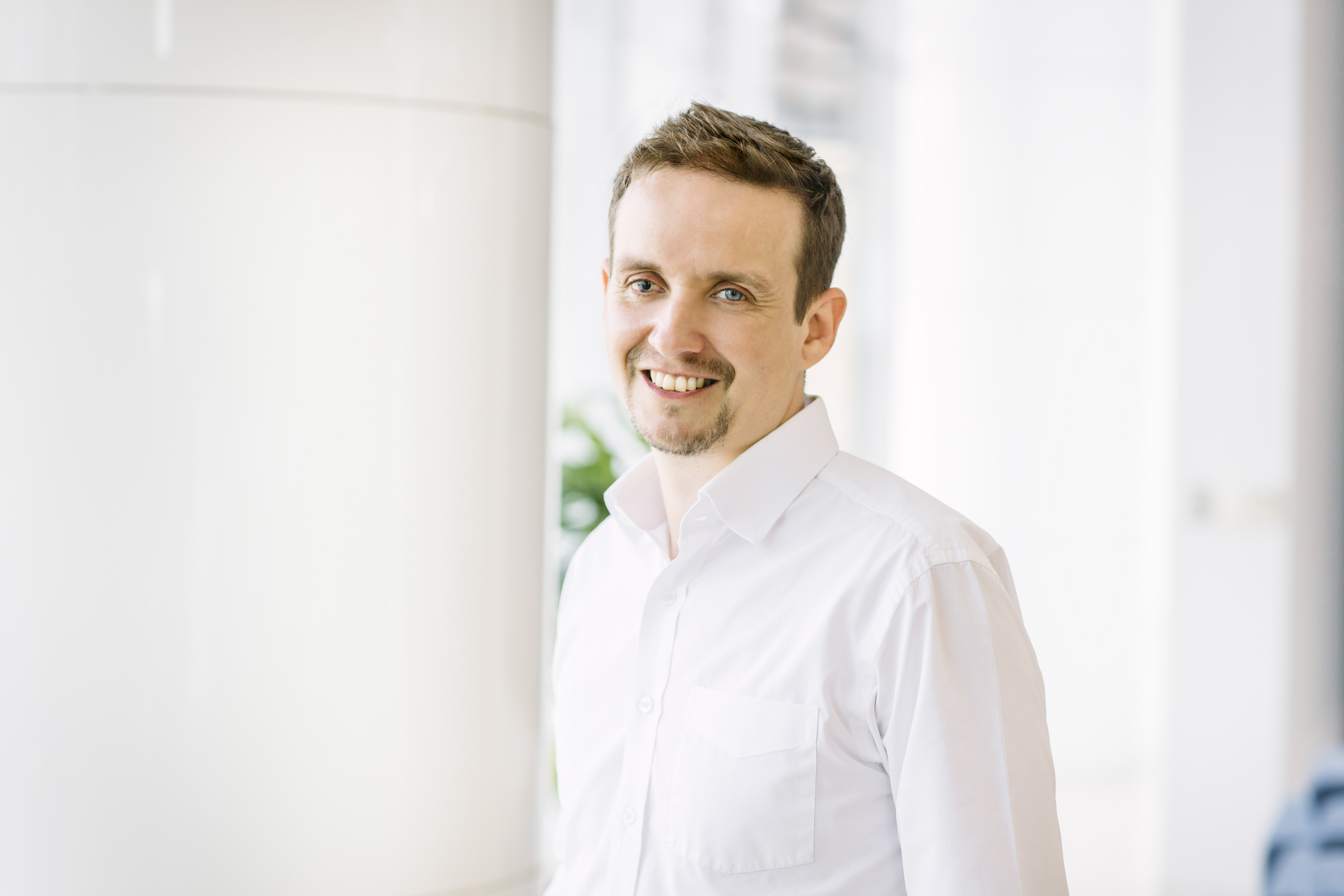



Title: Securing a future for coral reef ecosystems
Date: Thursday, March 2
Time: 1:00 - 2:30 p.m.
Location: Auditorium between Buildings 2 & 3
Zoom:https://kaust.zoom.us/j/95366267310
Coral reefs are hotspots of biodiversity and provide services with an estimated global value of up to 9.9 trillion USD per year. Many countries in tropical regions, including countries bordering the Red Sea, depend heavily on these ecosystems as fishing grounds and as an important source of revenue from ecotourism. However, coral reefs have suffered large declines due to local and global stressors, most notably climate warming, which is arguably the primary driver of coral reef degradation to date. In the past 20 years, we have lost 30% - 50% of the corals worldwide and based on trends of greenhouse gas emissions it is predicted that over 90% of the world's coral reefs will be threatened by 2050. The projected loss of coral reefs will not only lead to an environmental catastrophe and substantial economic losses globally but also threaten critical investments made by the Kingdom under Vision 2030.
In this presentation, I show how my group combines genomics, epigenomics and molecular biology approaches to study the molecular mechanisms underlying coral symbiosis, resilience, and the potential of human interventions to increase their resilience. Building on our findings, we developed a technological platform that aims at reducing the costs of coral reef restoration and facilitates the integration of assisted evolution approaches to help secure the future of these iconic ecosystems.
About the speaker
Dr. Manuel Aranda obtained his Ph.D. at the University of Cologne, Germany, in 2006 where he studied the evolution of gene regulatory networks in insects. After a postdoc in the same field, he came to KAUST in 2009 where he started working on reef building corals. In 2012 he joined the Red Sea Research Center as an Assistant Professor and in 2019 he was promoted to Associate Professor. His research group pioneers genomics and epigenomics approaches to study the molecular mechanisms underlying the coral-algal symbiosis and the potential of human interventions for ecosystem restoration via assisted evolution approaches.